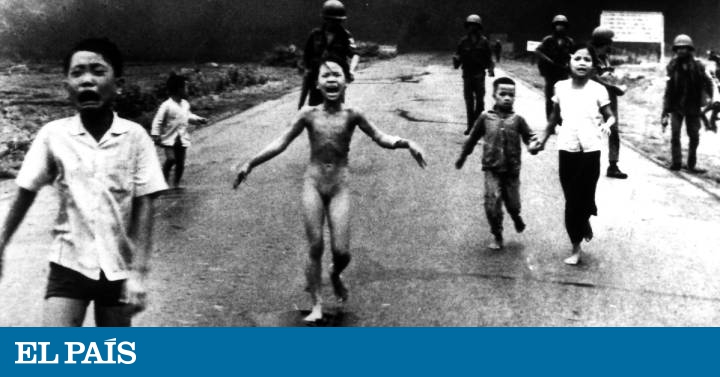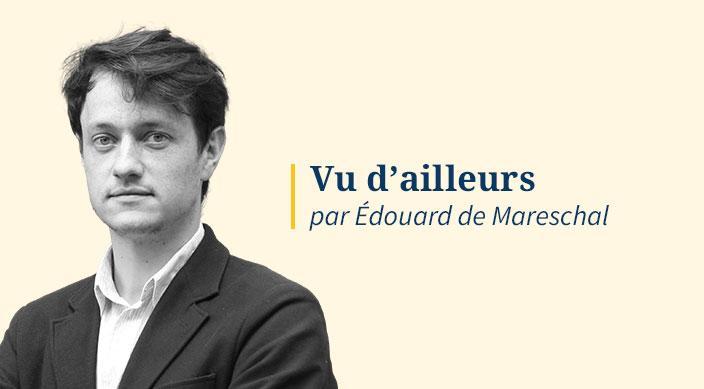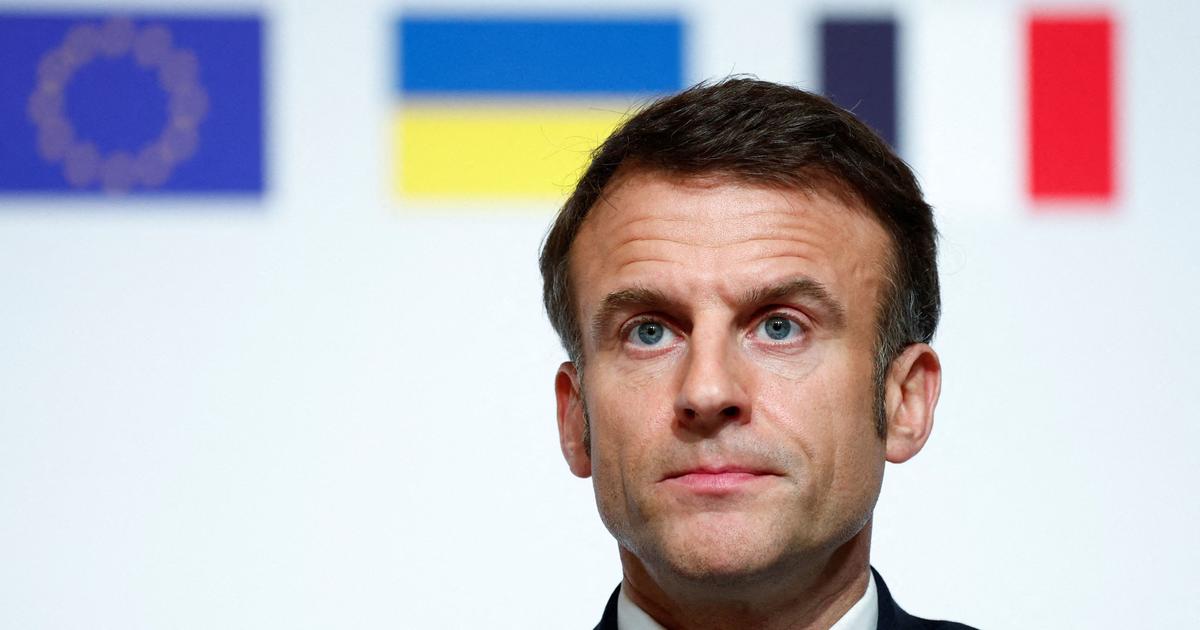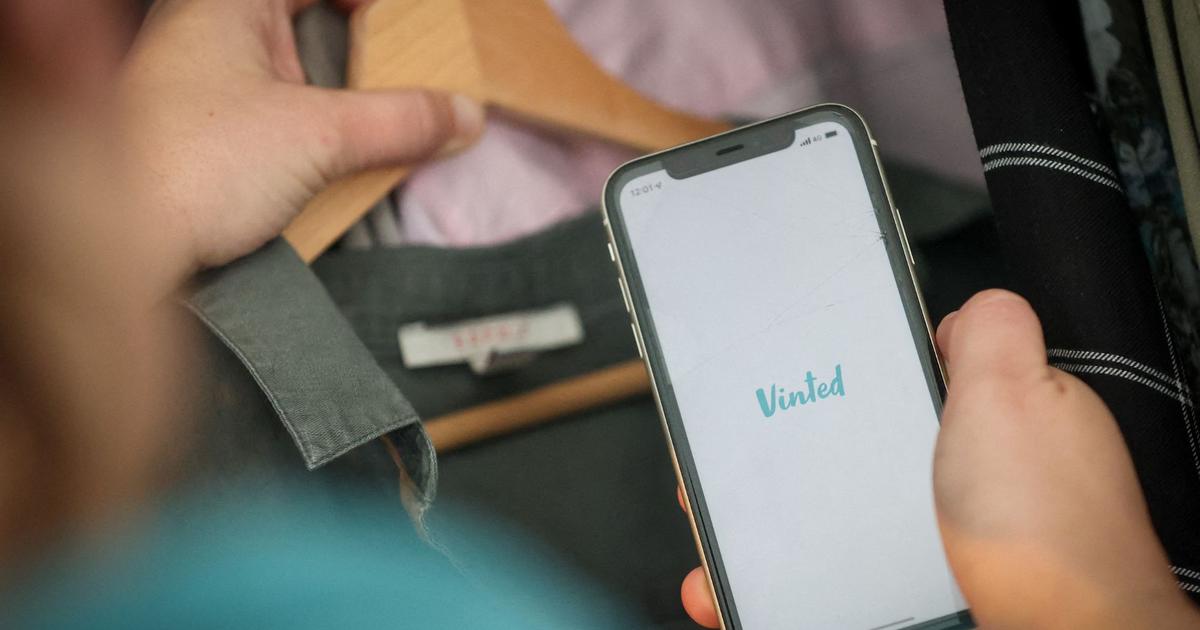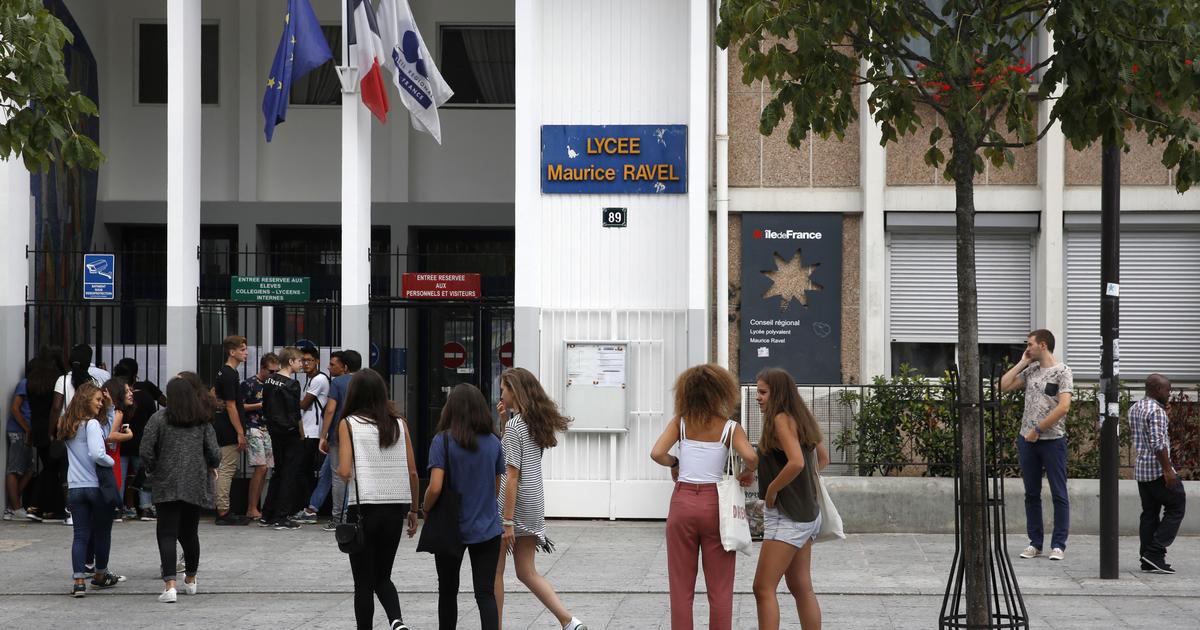So much looking out the window, and it turns out we don't want to see death.
In Post-War, a monumental, resounding, time-growing book equivalent to Beethoven's Ninth Symphony if that transfer between the arts fit, Tony Judt recounts how the Germans turned their backs on the screen when in theaters they were forced to see images of the victims of Nazism. They even laughed with that nervous laugh of someone who doesn't know how to react. Many years had passed since the end of the war and much of Germany still did not want to see the concentration camps, which was like seeing their consent, their inaction.
The digestion of tragedies takes time and takes distance, so much as to look at it without burning in the fire already extinguished, but not so much as to live it as something alien. The Spanish Civil War also required decades and generations to reach a more extensive collective approach, although never sufficiently shared. Soldados de Salamina, by Javier Cercas, exemplified that interest of the grandchildren in getting closer to what so many parents had avoided, out of pain, fear or indigestion. The blind sunflowers of Alberto Méndez accompanied this stage, as the recovery and success of the works of Chaves Nogales or Arturo Barea so many decades after their writing, as that of so many works of victims of the Holocaust. The inability to look directly at the tragedy.
Overcoming all the distances that a dictatorship or a war with a pandemic keep, we begin to suffer from the same syndrome: we do not want to see death, look it in the eye. A photograph released these days of the coffins on the ice rink in which we have skated with our children generated a flood of criticism these days, perhaps understandable in a world that has become accustomed to drone attacks without seeing who drops the bomb, but incomprehensible in an adult society. Terrorist leaders are now falling for a missile launched from a safe place, as today's refugees can collapse on a ship within yards of a country whose leaders win votes by insulting them without looking at them.
But you have to look at it straight on, without hesitation. You have to know why the toilets can be killed, exhausted or traumatized. Why are tens of thousands, perhaps hundreds of thousands of loved ones of the deceased, going to regret not having hugged them one last time. Why our perfect and safe western world was not so much. You have to look at the death caused in a wedding by a failed drone, as you have to look at those coffins that line up on ice before choosing to violate the state of alarm to go to the cottage.
Today's sensitive eyes would have prevented us from seeing the naked Vietnamese girl on the road after the napalm attack. Even Facebook would have censored it. But you have to look at death. To see if both looking out the window to see puppies or the screen to see the olives of friends prevents us from seeing reality. Let's see if we are voyeurs, and also cowards.
You can follow EL PAÍS Opinion on Facebook, Twitter or subscribe here to the Newsletter.

